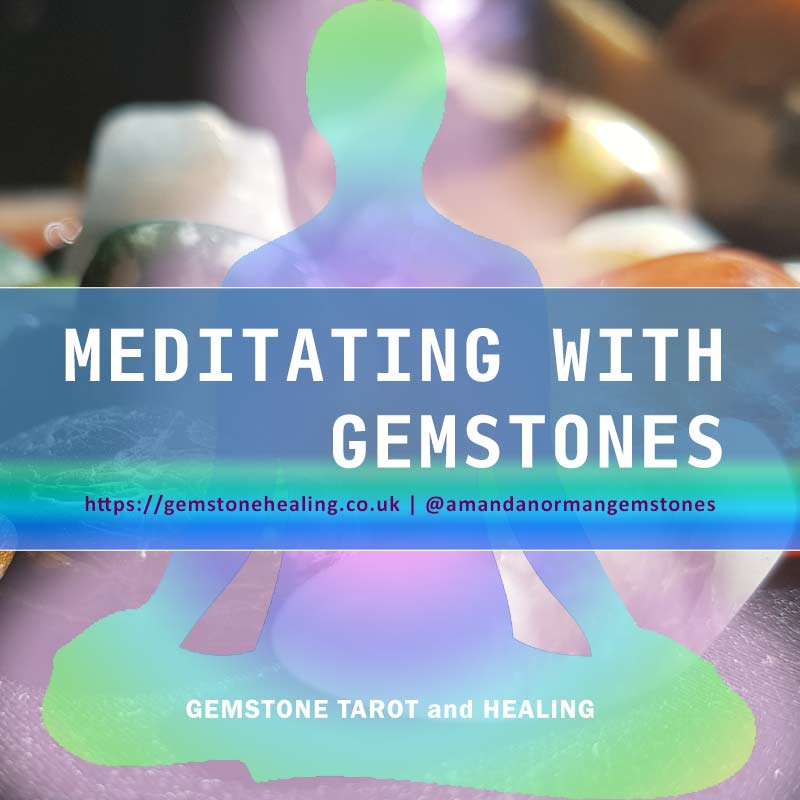Just 5 minutes a day practicing mindfulness meditation can help you manage your stress, anxiety or depression.
Managing my anxiety has become easier since I started practicing mindfulness meditation. Also, at one time I would have scoffed at anyone suggesting that I practice meditation. Now, I love it so much that I can meditate in most places and at most times, even without people knowing!
It’s fun and easy when you know how and in this post, I will give you some fun tips to help you start your transformation.

What is Mindfulness Meditation?
Mindfulness meditation is the practice of remaining in the present moment and not worrying about your past, or your future.
Professor Mark Williams sums it up beautifully….
It’s easy to stop noticing the world around us. It’s also easy to lose touch with the way our bodies are feeling and to end up living ‘in our heads‘ – caught up in our thoughts without stopping to notice how those thoughts are driving our emotions and behaviour’
‘It’s about allowing ourselves to see the present moment clearly. When we do that, it can positively change the way we see ourselves and our lives’
‘Awareness of this kind also helps us notice signs of stress or anxiety earlier and helps us deal with them better.’
Professor Mark Williams – founding director of the Oxford Mindfulness Centre
Benefits of Practicing Mindfulness Meditation for JUST 5 minutes a day
- Better management of stress, anxiety and depression
- Build your self-esteem
- Avoid depression
- Increase your attention span
- Help you to sleep
- Assist with pain management
- Improve your memory
Practicing mindfulness meditation is easier than you think.
Focusing on your breathing is a great way to practice meditation. Although I start off below with ‘sit in a comfortable chair‘, you can do this anytime, anywhere and it can calm you down if you’re beginning to feel overwhelmed.
- Sitting in a comfortable chair with the soles of your feet on the floor, let’s begin
- Let your shoulders drop and straighten your back so that you’re sitting tall, but feeling relaxed
- Gently closing your eyes while resting your hands on your lap
- Begin paying attention to your how your body feels while breathing. If you notice any aches and pains, simply acknowledge them, and start to focus on your breath
- You don’t need to breathe in a special way
- Notice the flow of breath in and out, the rise of your stomach with each inhale, and exhale
- If you notice your attention becoming caught up in a thought, just bring your focus back to your breathing. It’s normal that your mind may wonder, but never be judgmental or harsh on yourself for thinking, after all it is natural
- When you’re ready, gently open your eyes and bring your attention back to your other senses. Feel your feet connected to the floor, start listening to sounds around you and take the time to relax more deeply. Appreciate taking time out for yourself
Further breathing exercises including tips on how to fall asleep can be found in my Breath Mindfulness post.
Meditating with crystals
In addition to the benefits already discussed, meditating with crystals has additional benefits: –
- Adding energy medicine while holding a gemstone
- Performs healing while you’re meditating
- You develop a strong intuitive relationship with your gemstone
- Will help you maintain your focus
- Can help you solve a problem

For meditating with crystals, it is recommended that you have your own quiet space where you won’t be disturbed. With regular practice, you will be able to carry your favourite crystal and practice anywhere.
- Enter your quiet space
- Centre your breathing by slowly breathing in through your nose, hold for a second and slowly exhale through your mouth
- Focus solely on your crystal and do not be distracted by any thoughts
- Focus on it’s shape, the light falling on it, shadows, structure etc. Now, closing your eyes and seeing it clearly in your mind’s eye
- If you’re distracted by a thought, refocus on your crystal without harsh judgement
- With regular practice you will be able to focus for longer periods and eventually be in full control
I hope you find these tips useful and I would love to hear your ideas and suggestions.
Please note that I don’t have any qualifications to manage your mental health and I can only offer you general advice from my own experiences. Please consult your GP if you’re struggling with your mental health as they will get you the help you need.
